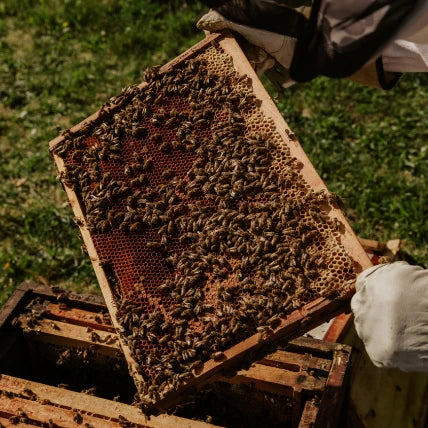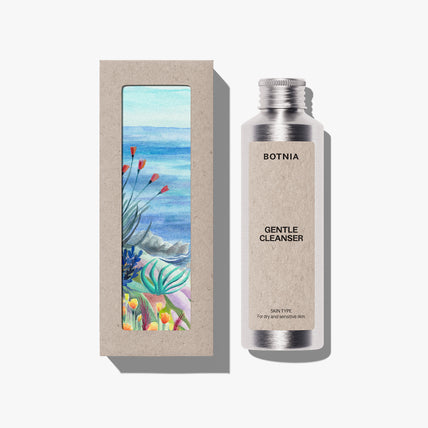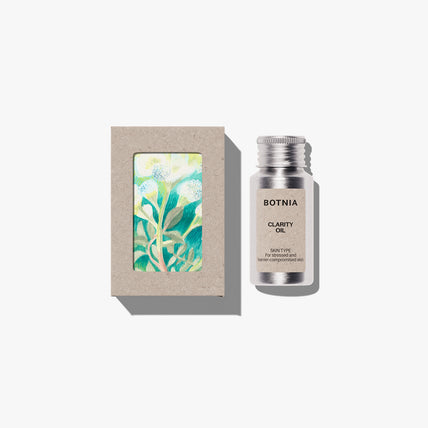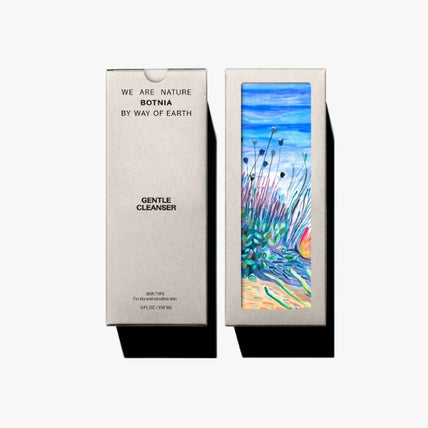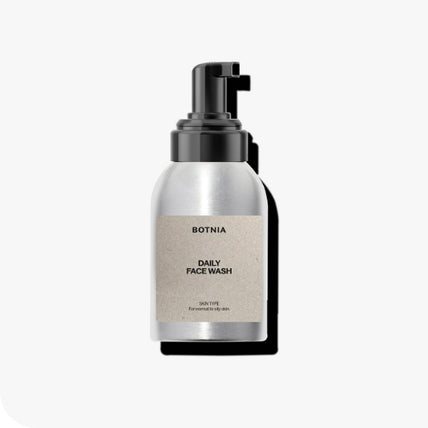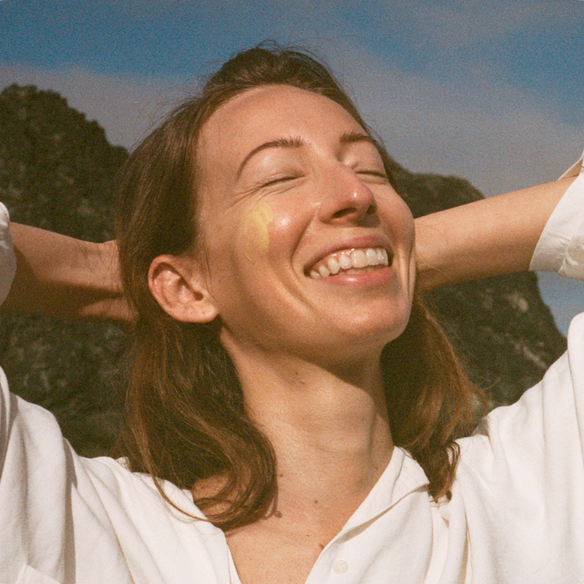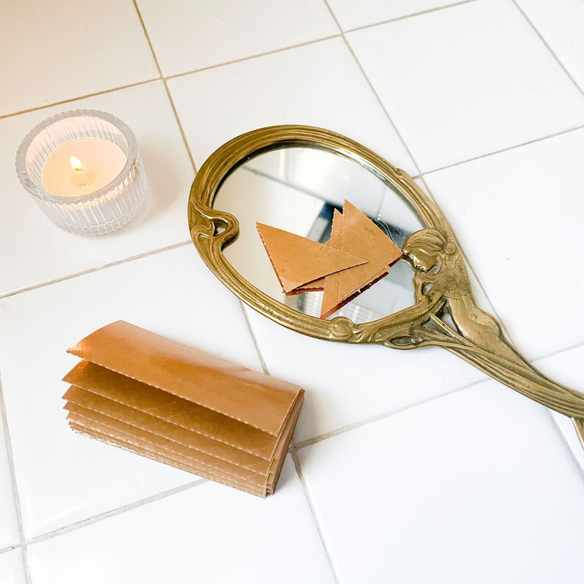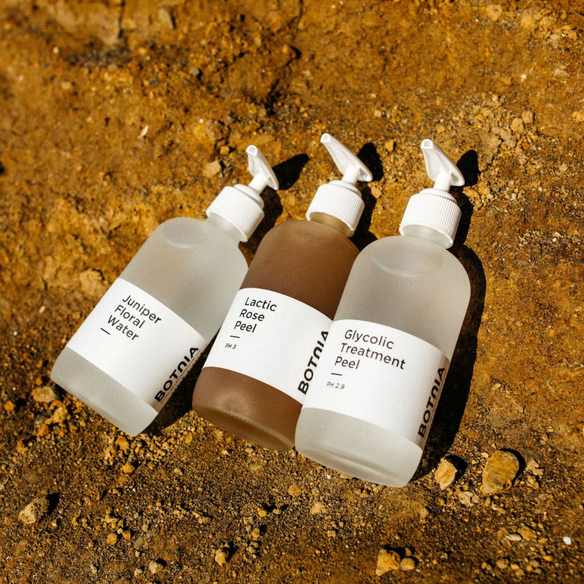
Botnia breaks down the difference between estheticians and aestheticians
Not all estheticians are the same! The terms esthetician and aesthetician have been used interchangeably in the beauty industry, however, there are nuances to the types of services each of these professionals offer. There are also differences in the approach to the treatment of the skin each professional might recommend, and we’re here to break down those differences and give you a clearer view of which type of skincare professional might be the one for you.
Aesthetician vs. Esthetician vs. Holistic Esthetician
An esthetician is a blanket term for a licensed skin care practitioner who helps to topically treat the skin, using treatments that help to improve the look and feel of the skin. Estheticians must go to school and receive training (600 to 1000 hours of training and coursework), certifications, and a license in order to perform services on the skin. They are not doctors or nurses and cannot diagnose a skin condition, prescribe medication, or perform any invasive treatments like botox, fillers, or injectables (depending on the state where they perform services).
Aesthetician with an “a,” typically refers to a medical aesthetician, a practitioner you would see in a medical spa or day spa, and who sometimes works with a physician or dermatologist. This is probably the typical professional you think of, one who provides facials and services like chemical peels, microdermabrasion, hair removal, or cosmetic applications like lash extensions or brow tinting.
Traditional estheticians are similar to aestheticians, however, invasive and medical treatments are not provided. You’ll most likely see a traditional esthetician perform services like waxing, sugaring, lash and brow services, as well as facials. Some estheticians use a combination of light chemical peels and natural products, and you may still receive services like extractions and microdermabrasion.
Holistic estheticians on the other hand look at your skin from a holistic point of view and think about the function of your skin and body as a whole - including your health history and diet. Holistic practitioners look at the skin through a wider lens, taking into account your entire lifestyle to understand why your body is experiencing the symptoms in the skin. Holistic estheticians will use natural and organic skincare, adding active ingredients or chemical peels only when absolutely necessary. Other services you might receive are facial massage, gua sha, light therapy, lymph drainage, aromatherapy, and some light breathwork or meditation. Facials are gentle and are meant to nourish the skin, prioritizing the overall long-term health of your skin.
When should you see an esthetician vs. a dermatologist?
Think of estheticians as your first line of defense for the skin. General maintenance or mild skin symptoms and conditions can be treated topically with an esthetician. While estheticians or aestheticians can’t diagnose any medical conditions, they can look at your skin and recommend a dermatologist or other health professional if a more serious skin condition is spotted.
Working with a holistic esthetician can also help you look at your overall lifestyle, and may refer to other health care practitioners like nutritionists, acupuncturists, naturopaths, and massage therapists.
Dermatologists are doctors (MDs) who are able to diagnose skin conditions, provide medical treatment, and prescribe medication for any skin conditions. You may see some dermatologists even offer cosmetic procedures like fillers, injectables, and laser treatments as well. If you have a serious skin condition, medical issues, or a skin condition that is ongoing or worsening, you will want to see a dermatologist.
How to choose which type of practitioner is right for you
Depending on your goals with your skin, it can help to choose the right professional who can help you meet your goals.
Botnia Estheticians are holistic skincare practitioners who will use a gentle approach to the skin, using 23 raw ingredients in our professional back bar apothecary to treat any type of skin or skin condition seen on the treatment table. Facials typically include a skin assessment, cleansing, exfoliation mask, extractions, and a finishing mask. You may receive a light chemical peel depending on your skin. Our estheticians may also incorporate some gentle facial massage, lymphatic drainage, gua sha, LED light therapy, connective tissue manipulation, high frequency, or facial reflexology to help you achieve your skin goals. Since your skin is unique and always ever-changing, no two Botnia facials you’ll receive are ever alike!
If you’re looking for deeper chemical treatments, cosmetic treatments, or procedures (such as injectables or fillers), microneedling, or laser treatments, you’ll want to look for a medical aesthetician or dermatologist for these services.
Other treatments like hair removal with waxing or sugaring, brow and lash services can be found with a general esthetician or even a holistic esthetician depending on their certifications and training.
For deep skin issues, those needing prescriptions, or chronic skin conditions, you’ll definitely want to see a dermatologist and a health practitioner like your doctor to look deeper into medical issues. Then follow up with an esthetician to develop a treatment plan to help meet your skin goals. Depending on your skin condition, your esthetician may recommend seeing you a few times a year, or every four to six weeks for more severe skin cases.
If you’re into a holistic approach to treating your skin both inside and out, working with a holistic esthetician who can also refer you to other natural health professionals will be the direction you want to go! It’s also possible to work with holistic practitioners and medical professionals at the same time. You may want to do extra research to see if the treatments, procedures, or prescriptions suggested align with your values. If you see a dermatologist, it’s important to share what your derm recommends with your esthetician so they can get the full scope and provide treatments that don’t interfere with recommendations from your doctor, especially when it comes to prescription medications.
Botnia Master Estheticians
At the Botnia Atelier in Sausalito, CA, we have in-house Master Estheticians who have trained one-on-one with our founder, Justine, and who have a deep understanding of our philosophy on skin care, understand key ingredients to use for different skin types and skin conditions and who also test new ingredients and products as we’re developing them for our skincare line. Our Atelier is our workspace where we dive into case studies and scientific results using our organic plant-based skincare to treat the skin. If you live in the area, you can book an appointment with one of our Master Estheticians here.
We hope you have a clearer understanding of the differences between the types of skin care professionals and estheticians you’ll see in our industry. If you have any questions or are interested in getting skincare regimen recommendations from our Botnia Master Estheticians, you can reach out to us or submit your questionnaire here. If you’d like to find a Botnia Spa Partner near you, check out our full listing of all Botnia Estheticians by state here.
Xo,
Botnia
